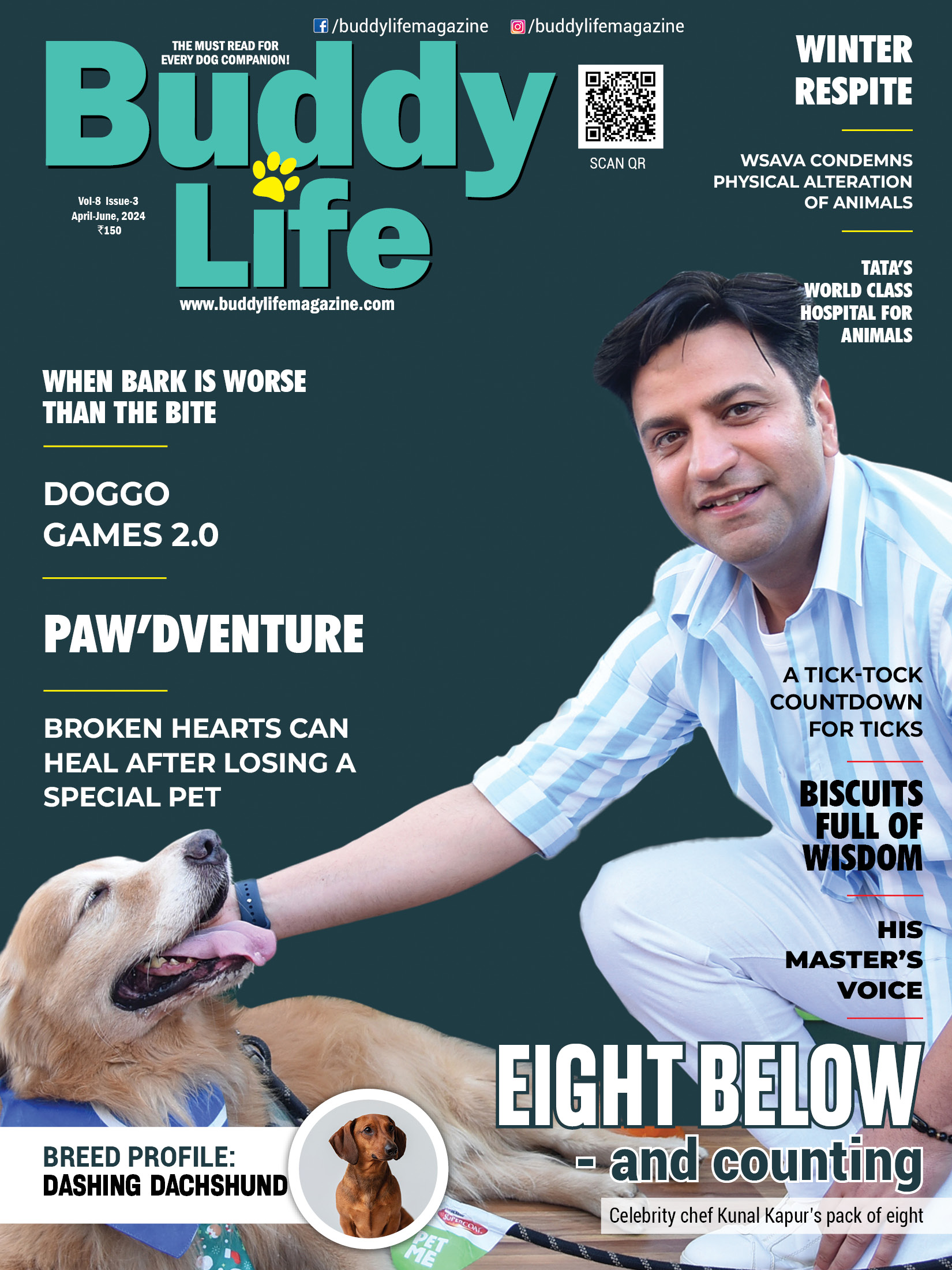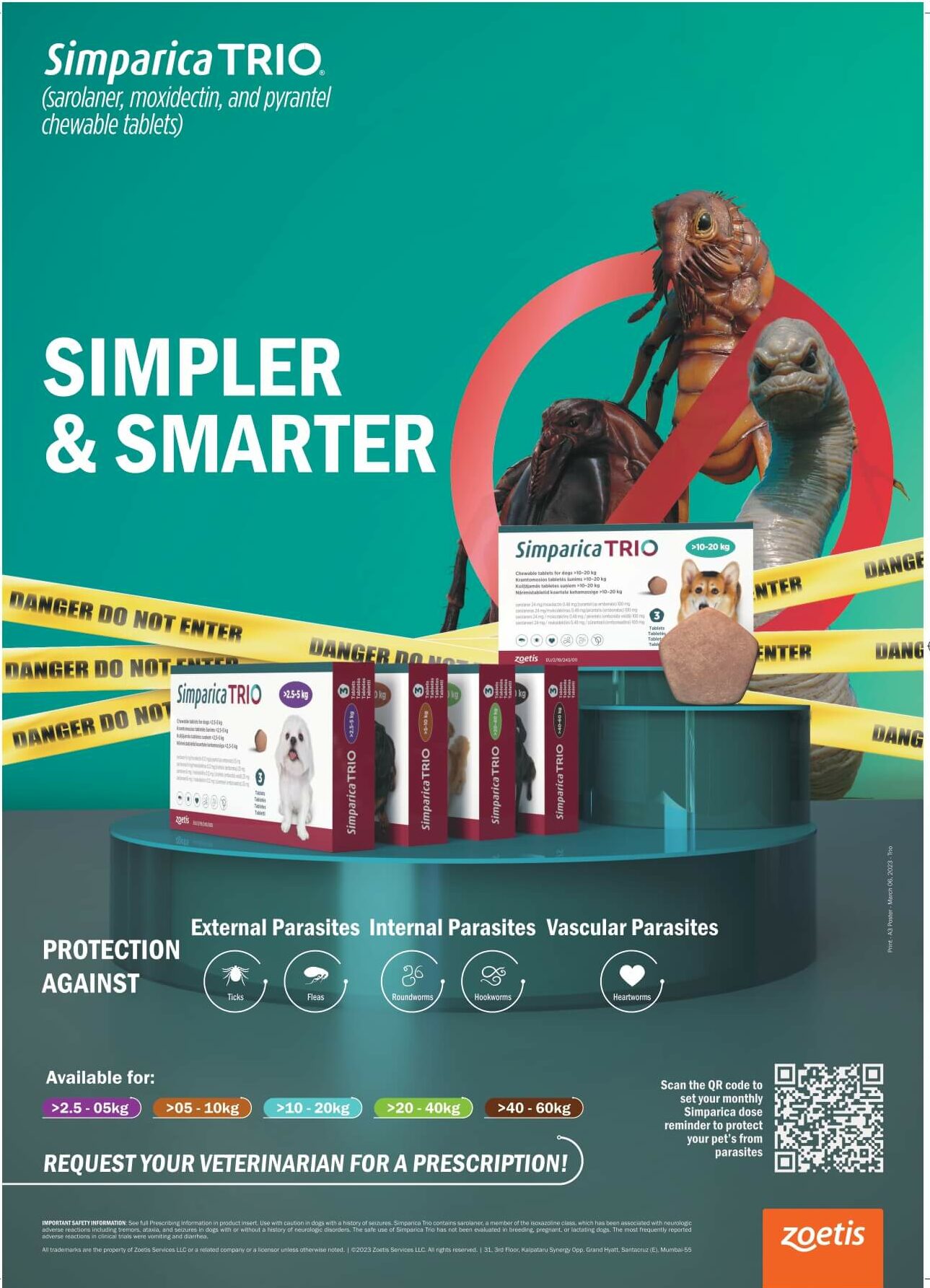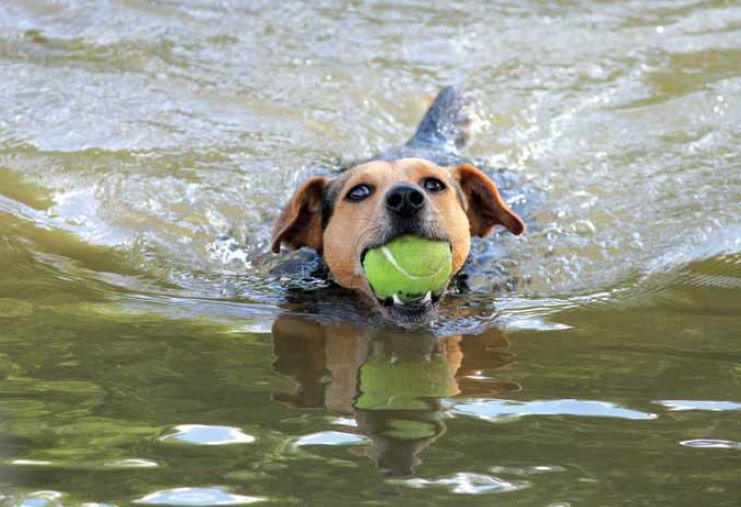
Ace Advanced Canine Behaviour Specialist & Obedience Trainer Priyanka Tiiwari speaks to Team BUDDY LIFE and offers useful insights into K9 training.
BL: What inspired you to become a dog trainer and behaviour consultant?
Priyanka Tiiwari: I started my journey as a Dog Trainer with my first dog, who was a rescue. I encountered a lot of behavioural issues with her and I couldn’t find anyone who could help me with it. I then reached out to somebody here in Delhi, who is a well-established trainer. I learnt a lot of things from him and then I started to work on my dog by myself. So really my dog, Bindiya is the inspiration and that is how I started my journey back in 2019.
BL: Can you share your certifications and qualifications in dog training and behaviour consultation?
Priyanka: I did my first course at K9 School in Delhi with Adnan Khan and then did an advanced course at Canaan K9 Academy in Bangalore. So, these are my credentials. I am an Advanced Canine Behaviour Specialist and Obedience Trainer.
BL: What is your training philosophy and what methods do you use?
Priyanka: My Training Philosophy: I believe every dog should live life to the fullest, reaching their full potential. Our goal is to bring out the best in our dogs, ensuring they lead happy lives. Minimizing conflict between humans and dogs is essential for harmonious coexistence. Ultimately, I want people to experience satisfaction and joy in their relationships with their canine companions. I follow the Balanced Training Method, which incorporates all four quadrants of dog training: Positive & Negative Reinforcement and Positive & Negative Punishment. This approach is scientifically supported and effective. Additionally, I consider both dog and human psychology during training sessions.


BL: How do you stay updated with the latest advancements in dog training and behaviour science?
Priyanka: I am in close touch with my mentors, Adnan at K9 and Kumar at Canaan. I also follow international dog sports such as the PSA and IGP, continuously tracking the trials. I read and research on an ongoing basis and share tips and experiences with other trainers and experts on K9 forums.
BL: Can you provide an example of a challenging behaviour you’ve corrected and how you approached it?
Priyanka: I am not at liberty to share details of cases, but I have worked on multiple cases of aggression where people are at their wits end, where a lot of family members have been bitten by the dog and living with the dog has become nearly impossible. Intervention at the right time is very important, and knowing that force would be of no use with such dogs, usage of positive reinforcement methods has alleviated their aggression. Understanding the dog behaviour and psyche is key to the success of such cases. I can, with some degree of pride, say that I’ve had a good success rate, say upto 90% reduction in their aggressive behaviour.
BL: How do you tailor your training programs to the individual needs of each dog and owner?
Priyanka: This is a very interesting question. Every dog and owner are an individual and have a personality, as well as every household has its own lifestyle and requirement and, I’d say their own philosophy as regards training. Sometimes I do have to accommodate and work within the constraints. A one size fits all or a cookie-cutter approach to training would not yield the best results. I tailor the trainings to best suit the dog, the owner and the household before onboarding any client.
BL: What role do you believe an owner should play in their dog’s training process?
Priyanka: The owner’s active involvement is crucial in dog training. While trainers teach commands and behaviours, consistent reinforcement by pet parents ensures the dog responds as expected. Alignment between trainer and owner is essential. Speaking a consistent language to the dog avoids confusion and enhances training effectiveness.
BL: What is your experience with different breeds and how does breed-specific behaviour influence your training?
Priyanka: Different dog breeds exhibit varying behaviours. Some breeds are exceptionally sharp, while others, though intelligent, may lack creativity. For example, Beagles, Spitz, and Indies quickly grasp commands, whereas other breeds have distinct characteristics based on their original purpose and behaviour patterns.
BL: Can you describe a successful outcome you’ve had with a client and their dog?
Priyanka: In a remarkable case, a reactive Beagle with aggression issues underwent a transformation. Through nose work training, the dog learned to focus on tasks and ignore triggers. The result: a 100% turnaround—ignoring people 9 out of 10 times and refraining from barking or attacking.










 " >
" >
 " >
" >